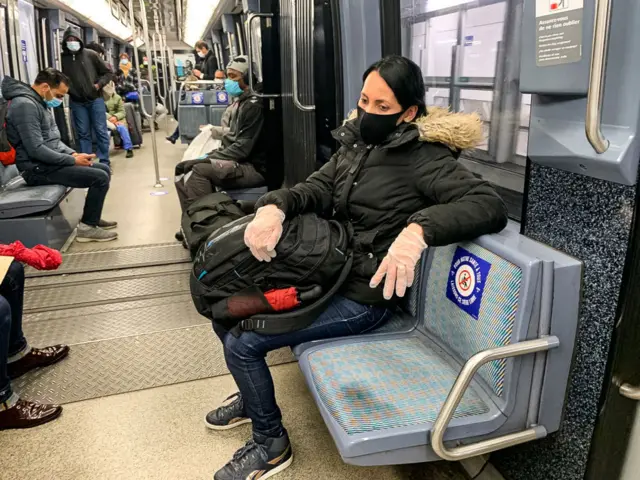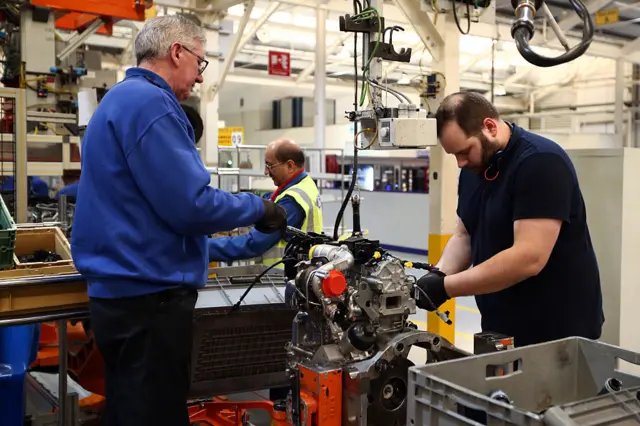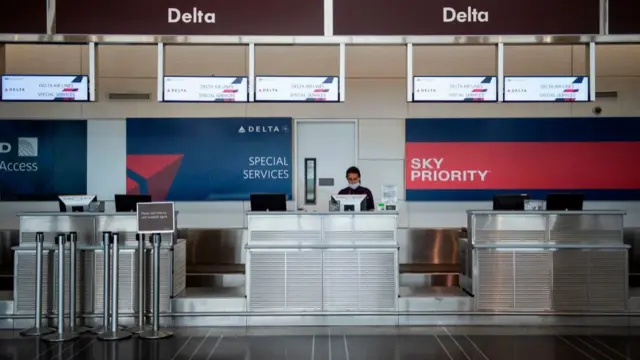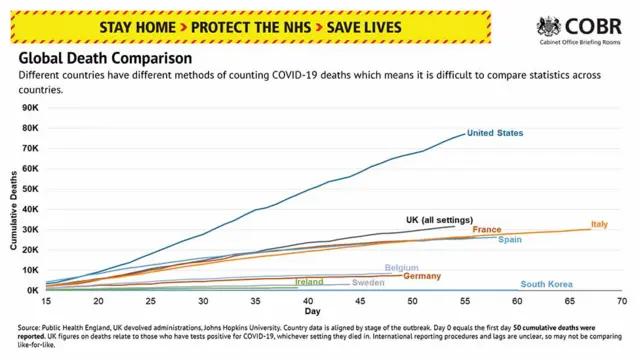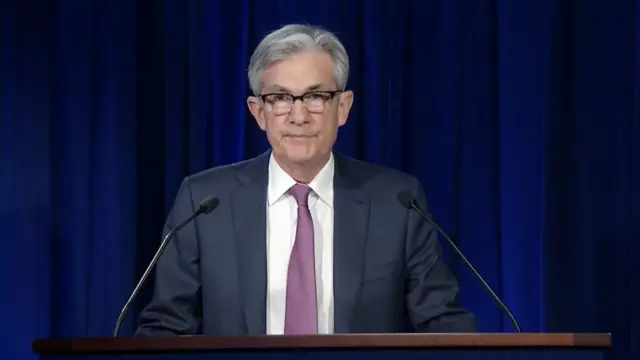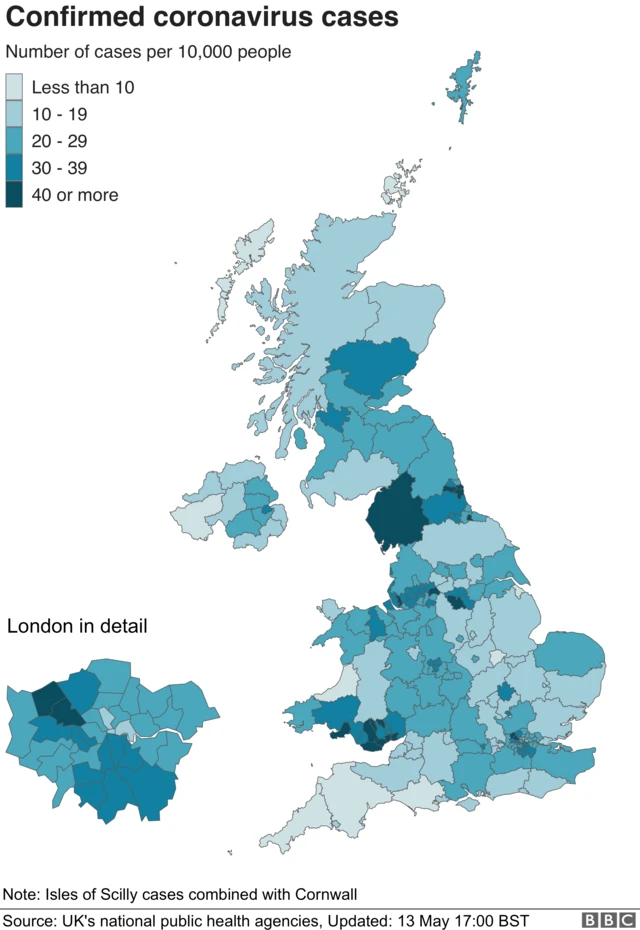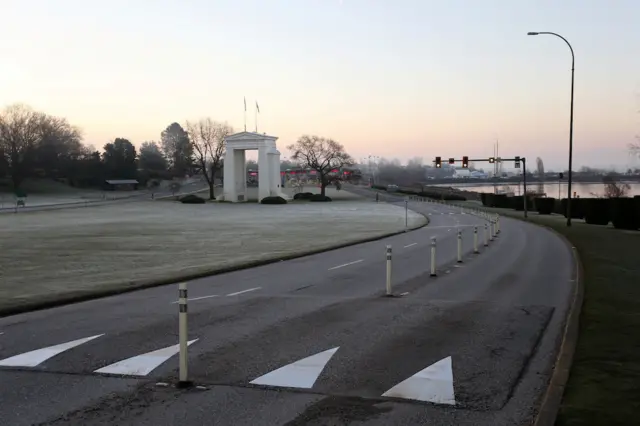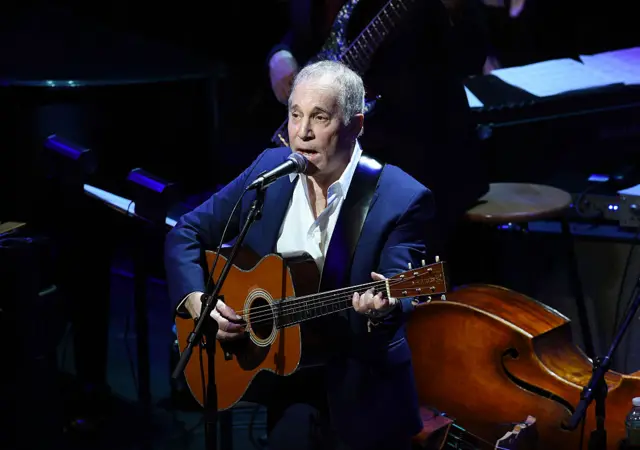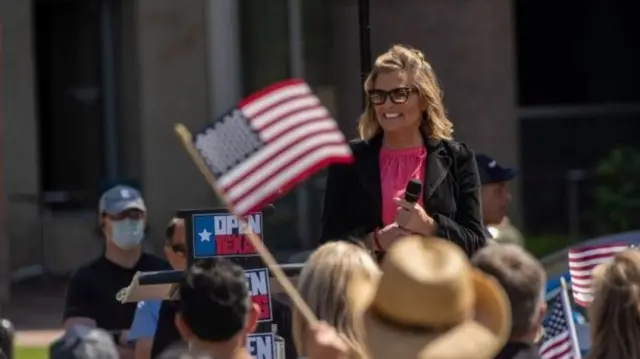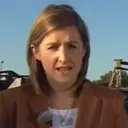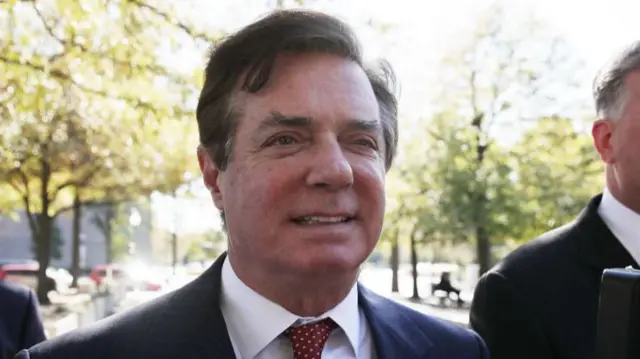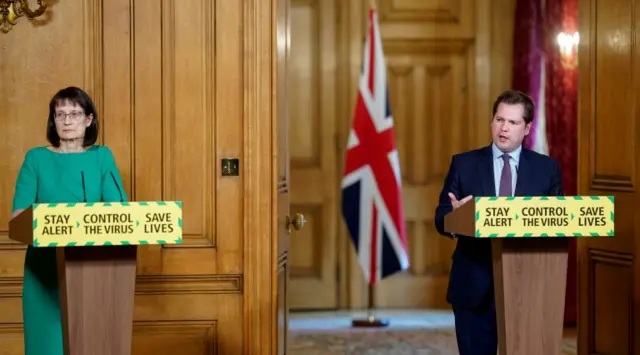Thousands share fake quote claiming US and China created viruspublished at 20:46 BST 13 May 2020
Reality Check and BBC Monitoring
A fake quote attributed to a prominent French scientist has gone viral. The Facebook post claims Prof Didier Raoult said Covid-19 was created by the US and China to kill millions of Africans.
We spoke to the hospital in Marseille where Prof Raoult works and they confirmed it is not genuine. Prof Raoult has become well-known for promoting chloroquine, an anti-malaria drug, to treat coronavirus.
An account in the Democratic Republic of Congo first posted the message, which has been shared more than 150,000 times in a number of African countries including Madagascar and Cameroon.
We investigated another fabricated statement that was falsely attributed to Jeff Bezos - that linked to the same Instagram account as the Prof Raoult post did.
Reality Check has been fact-checking coronavirus misinformation across the continent.
